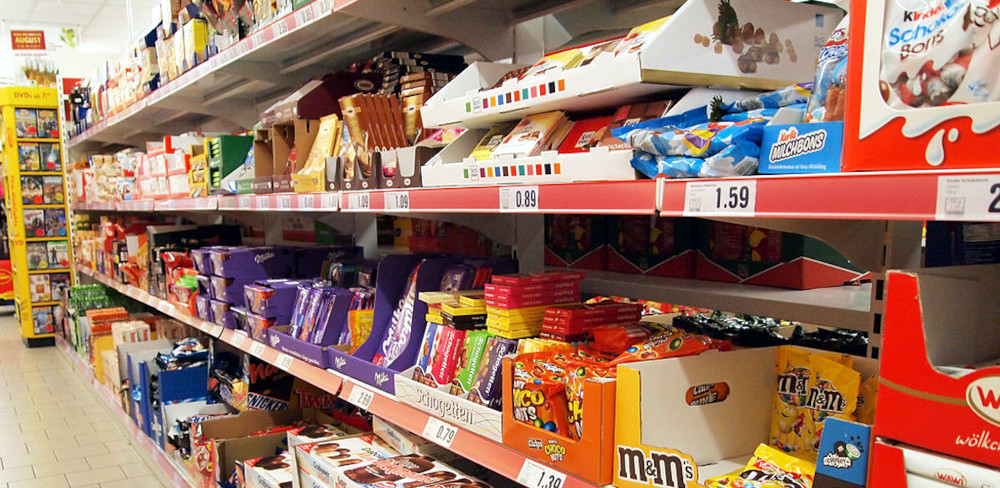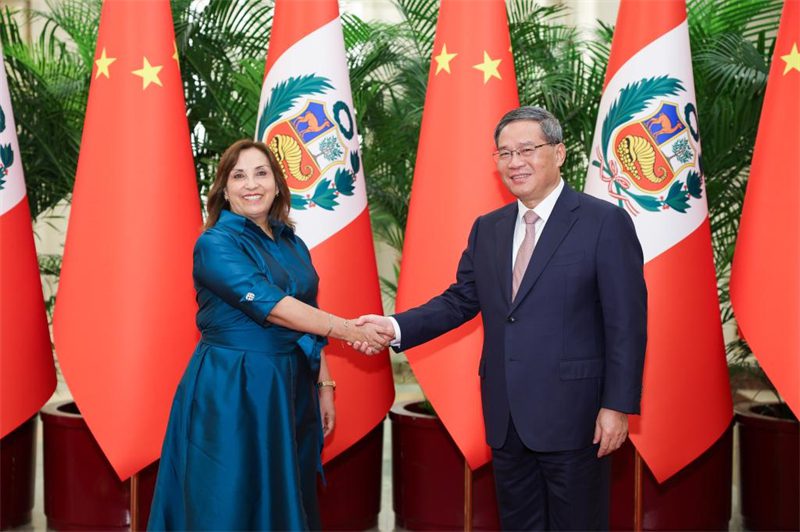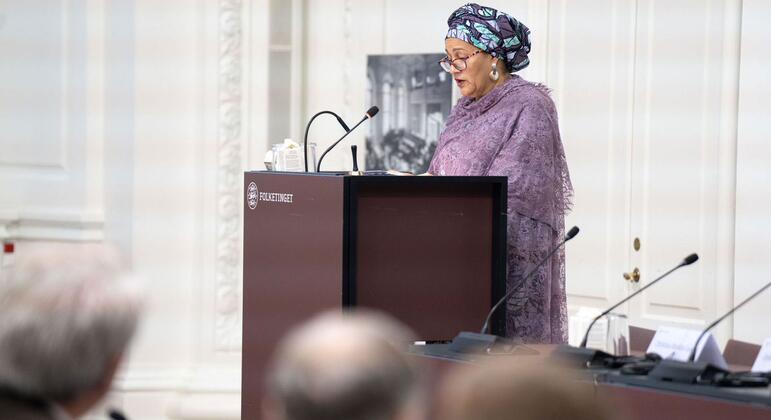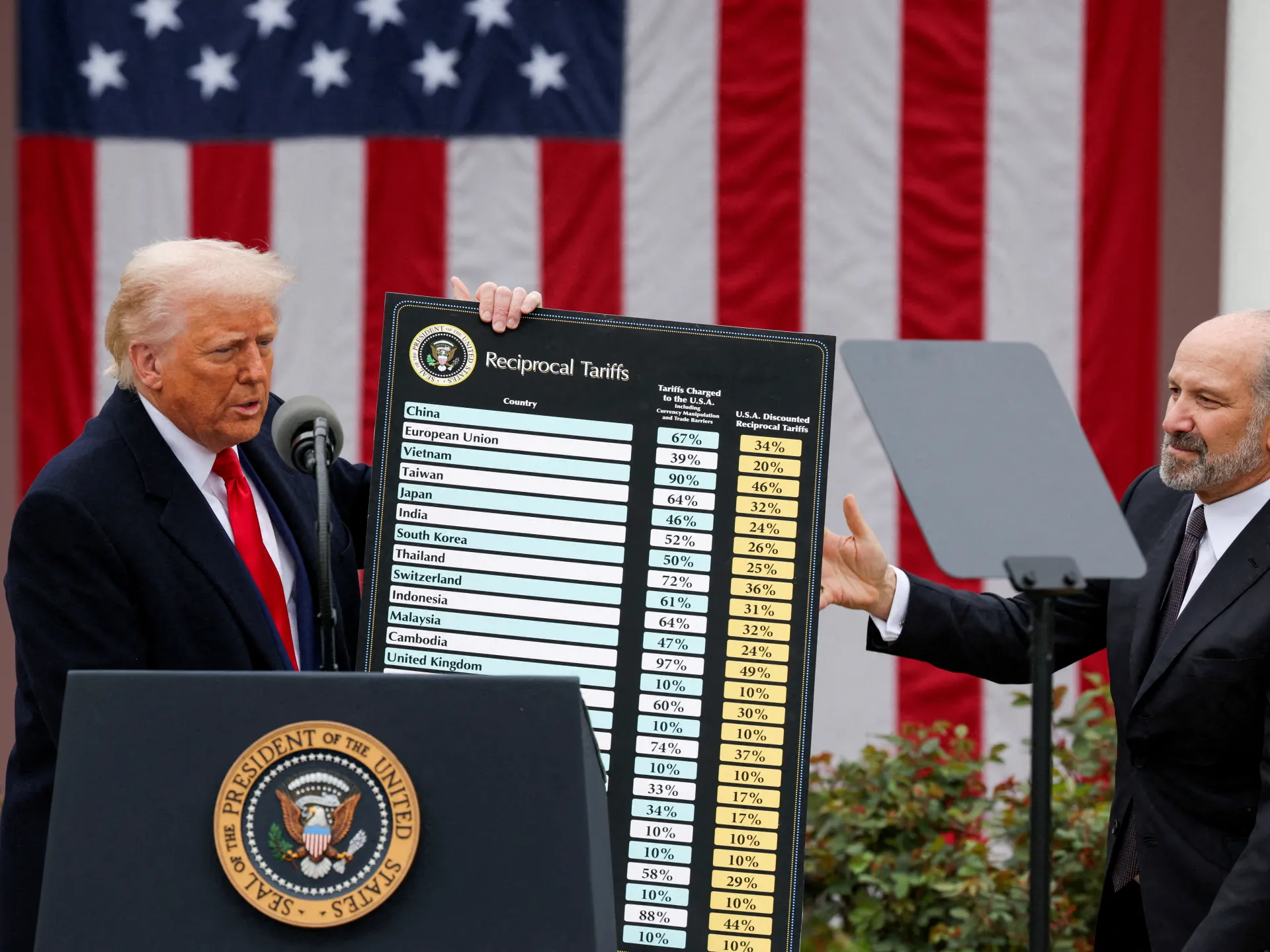Key takeaways
- Improvements in traceability are evident in response to EU Deforestation Regulations (EUDR); yet, achieving full EUDR compliance remains a work in progress. As companies focus on their supply chains, there is a risk that farmers may not receive the necessary support they require.
- Companies are increasingly aware of their responsibility to ensure farmers get a decent income from cocoa, but still too many farmers remain in poverty. Without additional financial support, this will continue.
- Child labor responses are increasing in effectiveness, but the road to elimination is still fraught — mainly due to lack of scale of programs. To eradicate it in all supply chains, there must be traceability and a focus on addressing the root causes — such as poverty — that lead to its prevalence.
- Environmental initiatives (such as climate targets, ending deforestation and use of agroforestry) are gaining momentum — in part, due to emerging legislation (particularly in the EU).
- While many companies have policies on pesticide management, this hasn’t resulted in enough action on the ground. Overall, significant reductions in pesticide use were not observed.
- Governments, NGOs, companies and consumers must work together to ensure that farmers are supported in meeting the necessary requirements for EUDR compliance and are compensated fairly for their efforts.
- It will take a concerted effort from all stakeholders to achieve these goals, but the future of the industry and the planet depends on it.
The Scorecard — which evaluates global chocolate manufacturers, brands and retailers on social and environmental criteria in seven areas — helps consumers make ethical purchasing decisions and incentivizes companies to improve their performance in these areas.
The fifth edition of the Chocolate Scorecard, released Wednesday, reveals that — while the industry is undergoing significant improvement — key, systemic issues such as farmer poverty remain a challenge. However, the chocolate industry — which is expected to generate around US$254 billion in 2024 and whose forecasted revenue growth stands at 5.6 percent, surpassing global economic growth estimates of 2.6 percent — has ample resources to address these challenges.
“Chocolate is a sweet treat that we often share with people we love to celebrate a special occasion or indulge in a sweet moment. But usually, the conditions in which it’s made are far from sweet,” Be Slavery Free said in a statement. “When cocoa farmers and their communities live in poverty, they deforest to clear more land to grow more cocoa. They rely on family and unpaid labor (child labor and forced labor) to make ends meet. As a result, our environment is harmed and children’s future opportunities are squandered to survive.”
The Chocolate Scorecard initiative, coordinated by Be Slavery Free in collaboration with an international team of over 40 collaborators — including NGOs EcoCare Ghana and Mighty Earth; along with Macquarie University, Open University and University of Wollongong — aims to promote transparency, accountability and responsible practices within the industry. By evaluating companies on social and environmental criteria, the Chocolate Scorecard provides valuable information for consumers to make ethical purchasing decisions and incentivizes companies to improve their performance in these areas.
Antonie Fountain, Managing Director at VOICE Network, which publishes the Cocoa Barometer, told Confectionery News: “The Scorecard is the best ranking in the cocoa sector I know of, with an open and transparent methodology that just gets better every year. More than 60 companies worldwide were ranked across a range of sustainability criteria, including child labor, deforestation, livelihoods, and — for the first time — gender equality.”
Good eggs and bad eggs
The Scorecard evaluates global chocolate traders, manufacturers, brands and retailers against seven markers:
- Traceability and Transparency
- Living Income
- Child Labour
- Gender Equality
- Deforestation and Climate
- Agroforestry
- Agri-Chemical Management.
A traffic light “egg” system is used to rank retailers, brands and manufacturers — in descending order: green, yellow, orange, red or grey (for companies that declined to take part or did not respond to the questionnaire) for their overall progress in these categories. Retailers are assessed on their own-branded or private-label products.
This year, 63 companies, manufacturers and retailers were assessed: 38 medium and large chocolate companies — including Ferrero, Hershey’s, Mars Wrigley, Mondelēz (maker of Cadbury), Nestlé, Tony’s Chocolonely and Unilever; nine boutique chocolate brands — including organic, Fair Trade Certified brand Alter Eco, single-origin chocolate maker Beyond Good and regenerative chocolate maker Original Beans; and 16 retailers — including Aldi, Carrefour, Coles, Sainsbury’s, Tesco and Woolworths. Due to their lack of transparency or participation, four companies and 18 retailers earned a grey rating.
Three ‘Good Egg’ awards were given to two small companies — Beyond Good and Original Beans — and to large company Ritter Sport. Tony’s Chocolonely was given an Achievement Award for leading the industry in policy and practice for five years in a row. Globally, no retailer scored a green rating.
According to the Scorecard, a majority of respondent companies recognize a living income as a basic human right (83 percent) — yet, only six companies are paying 100 percent of their farmers a Living Income Reference Price.
Legislation such as the EU’s Deforestation and Human Rights Due Diligence Regulations — along with growing consumer awareness, which has led to demand for ‘better’ chocolate — is driving positive change in the industry. But is change happening fast enough to ensure enough compliant cocoa to satisfy our global chocolate craving?
“The chocolate brands doing the most to prevent deforestation in their cocoa supply chains are leading the way on both traceability and living income,” said Dr Julian Oram, Senior Policy Director at Mighty Earth. “You can’t help cocoa farmers protect forests unless you first know who those farmers are, and then reward them for growing cocoa sustainably. Companies like Tony’s and Ritter are showing where the whole industry needs to go.”
A retail vacuum
 Image credit: Wikimedia
Image credit: Wikimedia
On the flipside, more than half of the retailers assessed were given grey eggs for lack of transparency or response.
University of Wollongong Associate Professor Stephanie Perkiss said retailers that place their private label on chocolate products have as much responsibility as big manufacturers to ensure transparency and accountability in their supply chain and sustainability practices.
“A number of retailers have told us that cocoa is not a significant part of their business. Yet, chocolate and confectionary are extremely prominent in supermarkets — you cannot visit these supermarkets without finding chocolate at the checkout or the end of the aisle. If chocolate does not generate big profits, why do they place it in prominent sales locations?
“When a retailer has their own-branded chocolate product, they have the same obligations as others in the supply chain to undertake the required due diligence to address human rights and environmental issues. In fact, you could argue that they have more responsibility — as a larger portion of the profits go back to the retailer.
“A company that lacks knowledge of its cocoa’s origin cannot genuinely ensure it is not tainted by extreme poverty, child labor, deforestation, or other abuses. Put simply if you can’t see it, you can’t fix it.”
Article written by Sustainable Brands Staff

 Follow SDG News on LinkedIn
Follow SDG News on LinkedIn











